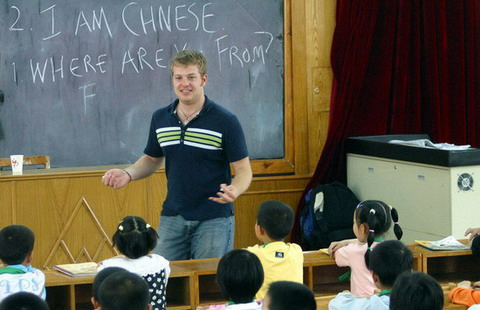Don't leave our lonely elders to die in the dark
By Zhu Ping (chinadaily.com.cn) Updated: 2014-10-29 10:27A Chinese saying goes “the adult children shouldn’t go too far away for the sake of the aged parents”. Unfortunately sometimes tragedy does happen when people don’t follow such advice.
One of the most tragic news this week was about the death of an aged couple in Jiaxing, Zhejiang province. The 73-year-old man lived with and took care of his 66-year-old wife, who was suffering from Alzheimer’s disease. Their son, surnamed Chen, who works in Shanghai, used to keep regular contact with them. Unable to contact them for three weeks, Chen eventually rushed back home only to see the bodies of his parents.
Investigators suspect the man died first, leaving his wife who, unable to fend for herself, starved to death in a week.
Such tragedies shouldn’t happen in China, which is proud of its tradition of “respect for the aged and love for the young”. But unfortunately, an increasing number of senior citizens living in “empty nests” across the country are dying for want of timely attention. In Hangzhou, the city called “heaven on earth” alone, four similar cases were reported last summer.
Heart-breaking and thought-provoking as they are, such tragedies, irrespective of the increasing reports, cannot indicate the level of filial piety or the extent of moral decay in Chinese society. Because of urbanization and internal migration, many adult children are forced to live away from their parents, and quite a large number of them have to move to mega cities to make a living.
Indeed, the strict family planning policy slowed the population growth over the past three decades and thus eased the development pressure on China. But it also dealt a heavy blow to the China’s traditional family structure in which most aged parents lived with their adult children. Many aged parents become vulnerable if their children are not around.











